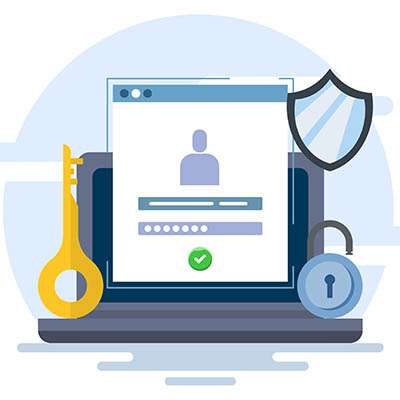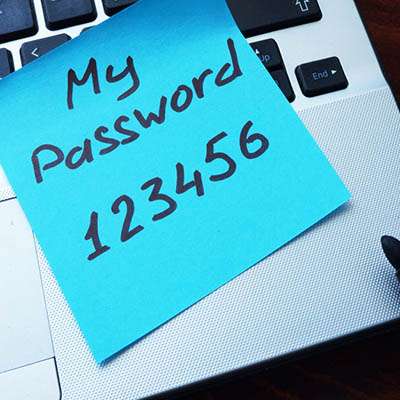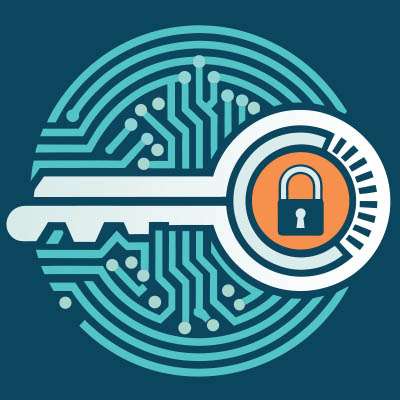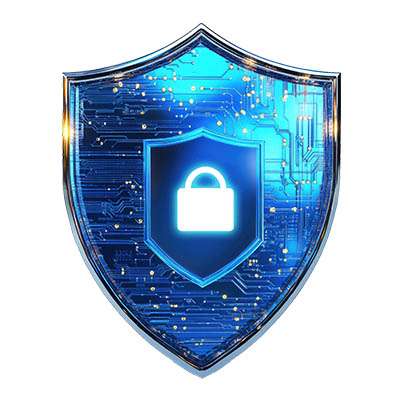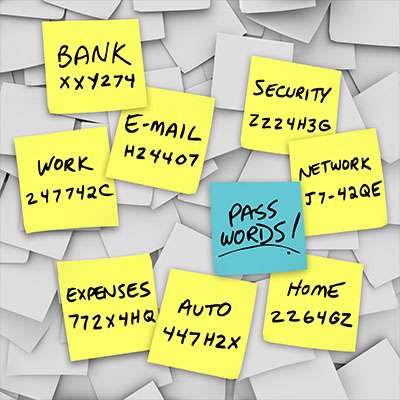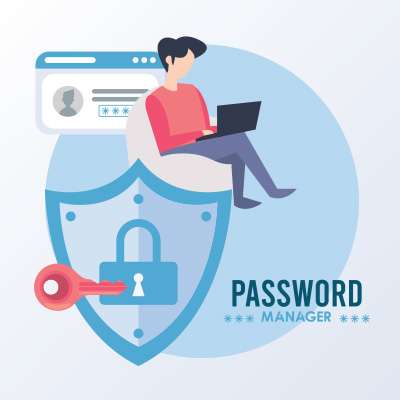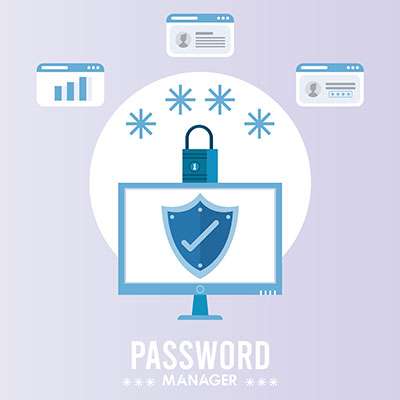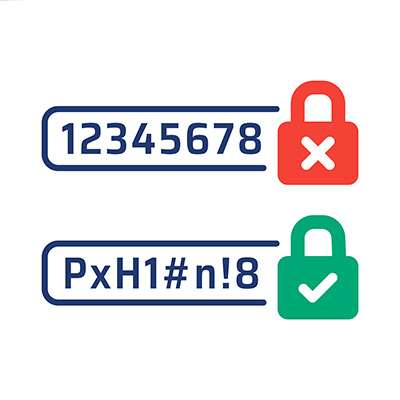Passwords are effectively the cornerstone of your business’ data security; if they aren’t up to muster, your protections could crumble. Alas, many users shortchange their passwords to try to make them more convenient, also making them more convenient for cybercriminals. Listed below: how we can make passwords as effective as possible.
Macro Systems Blog
How many employees do you have who keep your organization's passwords on sticky notes stuck to their monitors? This simple, seemingly benign trick could be putting your business at risk. After all, if you can see the password on a sticky note, so too can others who happen to be wandering around the office, including potential threat actors.
It would seem that the people responsible for the recent heist at the Louvre, which netted over $101 million in jewelry, may have utilized a more complicated plan than strictly necessary. According to a French publication, the famous museum has a long history of cybersecurity mistakes and faux pas… many of which, given the museum’s fame, are truly shocking.
Listed below is what we know about the Louvre’s protections over the years, and what they suggest about the current state of things. Hopefully you'll learn a thing or two by doing so.
It’s convenient for employees to reuse passwords just to make things easier for themselves; why use different passwords when you have a dozen accounts to remember passwords for? Alas, this habit will come back to bite you, especially if your business is ever involved in a data breach. These credentials could end up for sale on the dark web… and that’s just the beginning of your problems.
Think about all the online accounts you have, from social media to banking to email. With so many accounts, it's imperative to make sure they're secure. Creating a strong, unique password is one of the best and easiest ways to protect yourself from hackers. Listed below is how you can create passwords that are hard to crack and keep your digital life safe.
While still imperative to get right, passwords aren’t nearly as secure as you would expect them to be. They can be guessed (especially if proper password practices haven’t been followed), stolen in data breaches, or phished from a well-meaning employee.
Passwords are essentially the lock built into the front door of a building. They’re enough to keep out honest people, but what about the people who are willing to go to the deep web and 3D print the master key to the type of lock you use?
A successful business is a secure business. You probably have a good lock on the front door, maybe an alarm system, and secure cabinets for critical documents. You do all of this to protect your business' physical assets from threats. So why wouldn't you do the same for your digital assets?
Just as you have physical security measures, your company also needs strong cybersecurity policies. They help create clear rules for employees to follow and a plan to fall back on if an incident occurs.
Tips are great as long as they actually work. Business owners need more technology tips than just about anything else, whether that is app-specific or general care of technology. Macro Systems tries to do our best to offer useful tips a couple of times a month, but this week we wanted to focus on what is probably the most critical tip we can provide.
Fairly recently, news circulated that a data breach had exposed 16 billion passwords for numerous logins, including social media accounts, virtual private networks, corporate tools, and more. Effectively, every online service imaginable was represented in this breach.
This is very bad… arguably unprecedented.
That being said, this impression is at best misleading. Listed below is a look into the truth of the matter, while still acknowledging that there are some lessons to be learned.
Running a business is already confusing enough without worrying about security at all times. Whether you own a small business or a multi-level enterprise, security is just as imperative for all the same reasons. Listed below are a couple of security strategies you can implement today to feel better about the current state of your infrastructure moving forward.
Passwords protect nearly all of your accounts... or at least you hope that they do. Alas, making a super-secure password that’s easy to remember can be harder than people expect. Oftentimes, it feels like you are constantly solving a puzzle. So then, how do you create passwords that keep hackers out without driving yourself insane? In this month’s newsletter, we discuss this very problem.
The Disney brand has long cultivated an image of magic and wonder. That being said, this image has yet to materialize any magical effects in reality. For example: people still suffer from food allergies while visiting Disney’s various parks.
This makes it especially dangerous that a former Disney employee was allegedly still able to access a specialized menu-planning app and make alterations, like changing prices, adding language that Disney certainly would not approve of, switching text to the unintelligible “Wingdings” font, and worst of all… changing menu information.
Passwords have long been one of the central pillars of account security on the Internet. Combined with a username, they make up the foundation of most login systems. Because of this, they are a hot commodity for hackers who want to steal credentials and infiltrate accounts or networks. However, in recent years, other security measures have exposed the weakness of poor passwords for security, leading to the adoption of other measures.
Passwords are the keys to digital access, but they're often not treated as keys; they aren’t always protected by their users. Alas, people don’t always do everything they can to protect their passwords and there are a lot more scammers out there than pickpockets.
Effective password management is imperative for any organization. It works to maintain the security of online accounts and sensitive information. Listed below are five ways to control and enhance your password management.
One of the reasons that information technology keeps evolving is for the sake of the user and their convenience using it. That being said, if this convenience comes at the sacrifice of your business’ cybersecurity, it just isn’t worth it. This is the crux of why we always recommend that any company seeking to use password management should invest in a reputable password management software, rather than the built-in capabilities of modern browsers.
Whether you love them or hate them, passwords serve a critical purpose in the realm of cybersecurity. They are the first line of defense against potential threats, yet they are also notoriously easy to crack. Some of the biggest names in technology have been working on ways to get around the challenges presented by password security, including one that we are excited to highlight in today’s blog.
Simple passwords are often the bane of a business’ existence. If you routinely use strings like Password, 123456, Guest, or Qwerty to secure an account, then you need to reexamine your password practices before they result in a data breach. A good password can go a long way toward helping you in this effort.
User authentication is an imperative security feature for a business, specifically because it helps to reduce a significant threat to your business. This is why we’re so adamant that you should require multi-factor authentication wherever it is available… but is a better way to authenticate your users on the horizon?

